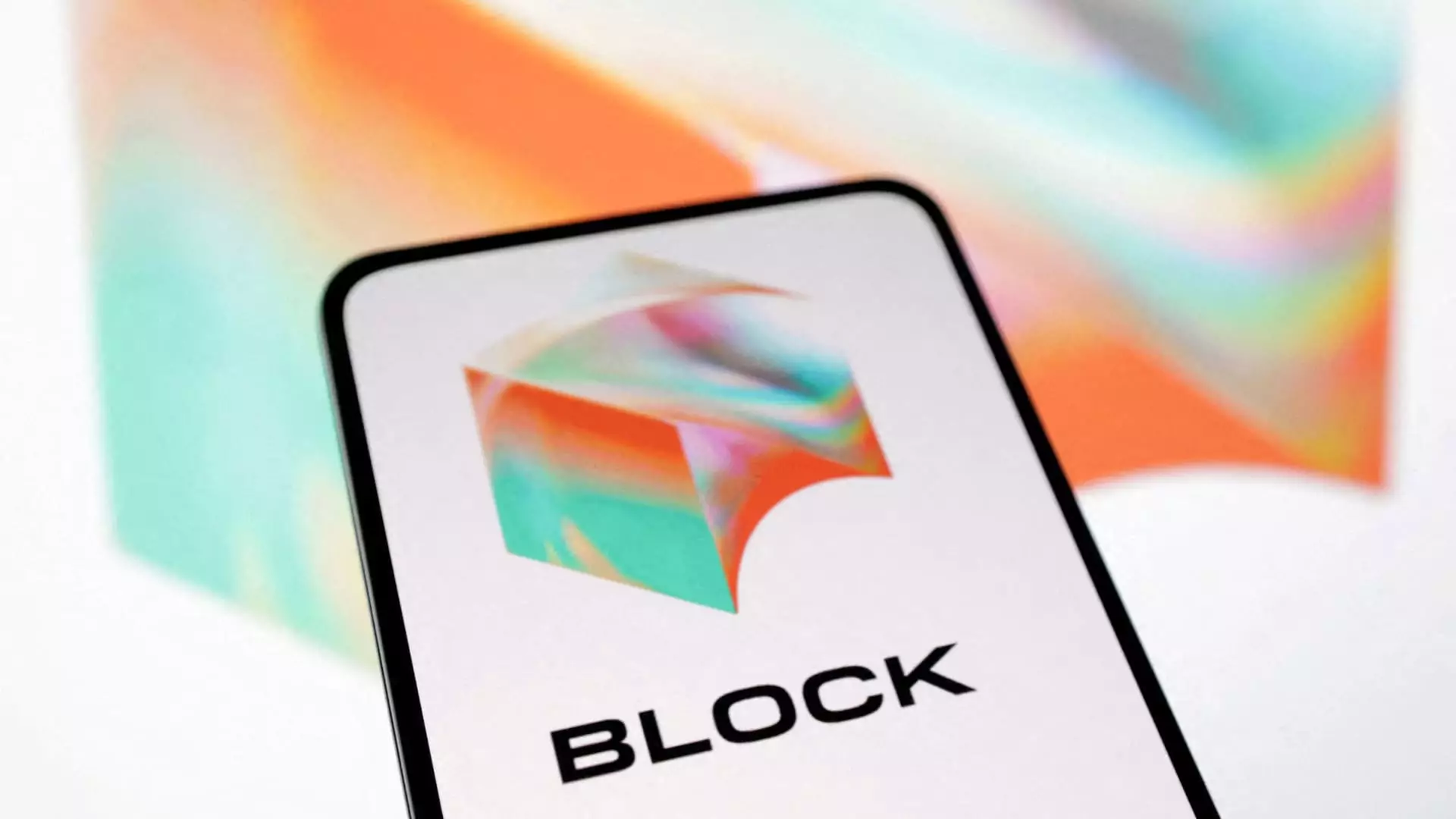Block, formerly Square, recently released its financial results for the third quarter, revealing a complex landscape of performance that both met and underperformed market expectations. While revenues fell short at $5.98 billion compared to the anticipated $6.24 billion, the company’s adjusted earnings per share slightly surpassed estimates, coming in at 88 cents, exceeding the forecasted 87 cents. The initial market reaction was one of disappointment, with stocks dipping in after-hours trading. However, an emphasis on profitability metrics such as gross profit allowed the stock to recover significantly, indicating investors’ inclination towards long-term growth over short-term revenue figures.
One of the standout metrics for Block’s performance was the reported gross profit of $2.25 billion, which marked a notable 19% increase from the previous year. This aligns with the perspective of Block’s finance chief, Amrita Ahuja, who has suggested that gross profit is a more relevant indicator of the company’s health than overall revenue. The net income figure of $283.7 million — a stark recovery from a net loss of nearly $89 million a year prior — further emphasized a turning point for Block, showcasing operational excellence despite a turbulent global economy.
The Cash App division stands out as a pillar of profitability for Block, registering a gross profit of $1.31 billion and an impressive 21% year-on-year growth. The app’s user engagement is evident with a reported increase in monthly active users of its Cash App Card, surpassing 24 million. Furthermore, gross payment volume at $62.4 billion, despite missing the estimates of $64.3 billion, illustrates a solid user base though it presents a slight point of concern regarding transaction velocity. Analysts maintain that innovations within Cash App are poised to drive sustained revenue streams going forward.
With financial analysts keenly observing Block’s buy now pay later (BNPL) unit, the company is positioning itself for significant growth in lending services. The acquisition of Afterpay for $29 billion has been a strategic move aimed at enhancing Block’s footprint in the BNPL sector. CEO Jack Dorsey emphasized this focus in his quarterly briefing, detailing how the company is interlinking its lending products — including Square Loans and Cash App Borrow — to create a more integrated financial service ecosystem. Ahuja described these offerings as utilizing artificial intelligence to refine decision-making processes, garnering patient trust among the loan seekers while maintaining low loss rates across products.
In an economic climate where tightening budgets are becoming commonplace, Block has initiated several cost-cutting measures. The company has decided to scale back its investment in Tidal, the music streaming service, and has completely exited TBD, its Bitcoin-centric business unit. Amid these adjustments, Block still maintains a firm foothold in the cryptocurrency market, holding about 8,300 bitcoins valued at approximately $630 million at the end of the quarter. Dorsey has reiterated the company’s commitment to making Bitcoin more accessible through platforms like Cash App, a strategy that may serve to attract a broader user demographic intrigued by cryptocurrency.
As analysts view these developments, the consensus acknowledges a dual-pronged approach adopted by Block — enhancing profitability through existing services while innovating new revenue streams such as advertising within Cash App. Kevin Kennedy from Third Bridge expressed optimism about Cash App’s potential in crafting advertising solutions, indicating the ability to diversify income streams beyond just payment processing.
While Block’s recent earnings report unveiled certain hurdles, particularly in revenue growth, the narrative of profitability and strategic innovations presents a bright future. The company’s agile maneuvering in a rapidly changing financial landscape signifies not just a response to immediate challenges but a forward-looking vision that prioritizes sustained growth through diversification and technological adoption. This blend of resilience and adaptability positions Block well for continued relevance and success in the competitive fintech realm.

